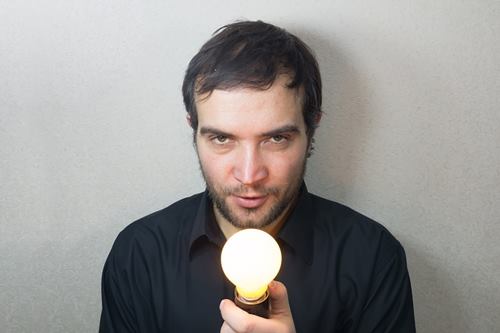Hypnosis Beliefs
The other night I was talking to someone with quite a long interest in hypnosis. Something she said reminded me of why the medical profession finds it easy to write us off.
I mentioned that I had a genetic health disorder which caused my body to retain iron. It is treated completely by me donating a unit of blood every three months. The listener looked at me strangely. When I asked her what she was thinking, she said "Why don't you just use hypnosis to cure it?"
I was quite taken aback at this. I asked her what sort of hypnotherapy she thought might work. She quite confidently told me that all I would have to do was to visualize all the iron collecting together and leaving my body, and I would be cured.
Hypnosis Brainwashing
This level of naivety is quite astonishing. But this is not the first time I have come across it. It appears that some hypnotists have been brainwashed into the belief that hypnosis can fix everything. Apparently, according to some people, hypnosis can cure cancer, grow hair on a bald head, make you taller, increase the size of your bra cup and let you learn a new language while you sleep. The fact that all of these are obvious nonsense does not seem to prevent people from repeating them as self evident truth.
Hypnosis Brainwashing the therapists
Hypnosis is often accused of being a form of brainwashing. The accusation is that hypnotists put innocent people into a hypnotic state and plant anything they want into their mind. I feel the reality is a bit more worrying. When I was first training in hypnosis, I believed what I was told, and the trainer pretty much believed in hypnosis totally. He had an endless fund of stories about how this person or that person had been cured miraculously by hypnosis. None of this was ever backed up by any evidence.
I think that this is repeated in most hypnosis training schools. Students are told that they are about to get the keys to a toolbox that will cure anything. In some cases they are told that traditional medicine has reached its limits and the world is waiting for all these new students to spread out and fix what medicine can't.
No wonder doctors and scientists tend to reject everything to do with hypnosis when ludicrous beliefs like these are put forward in all seriousness.
What do you think?
Which side of the debate are you on? Can hypnosis cure everything? Should we be much more realistic about what we can and cannot do, and leave the physical ailments to the doctors?









